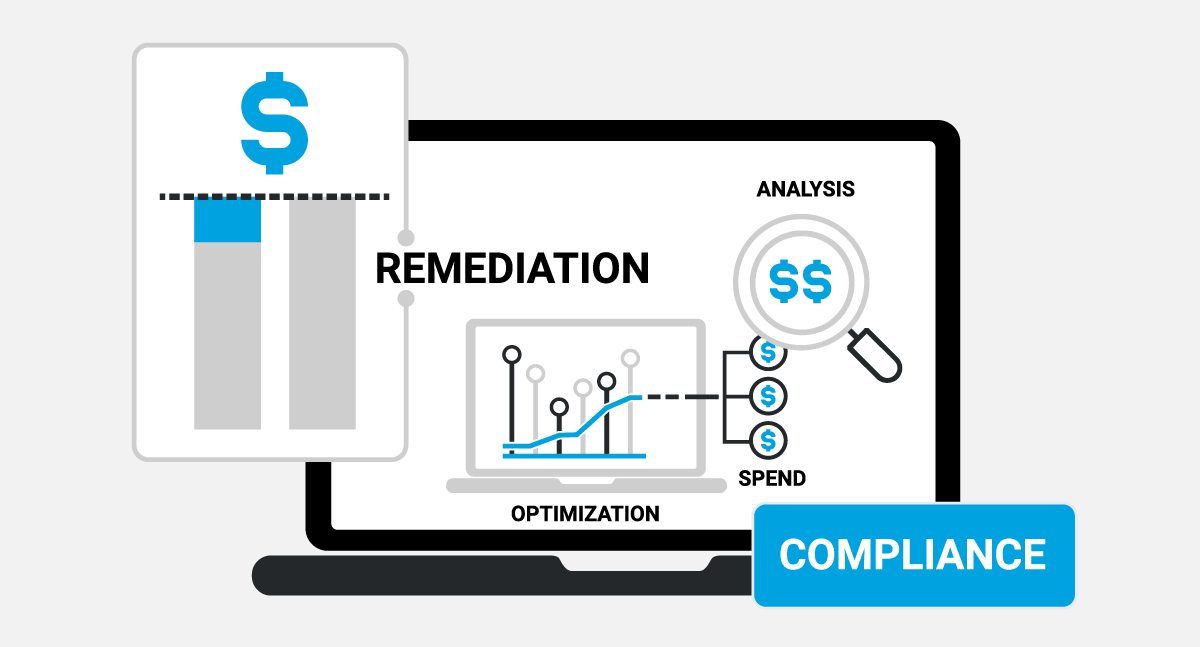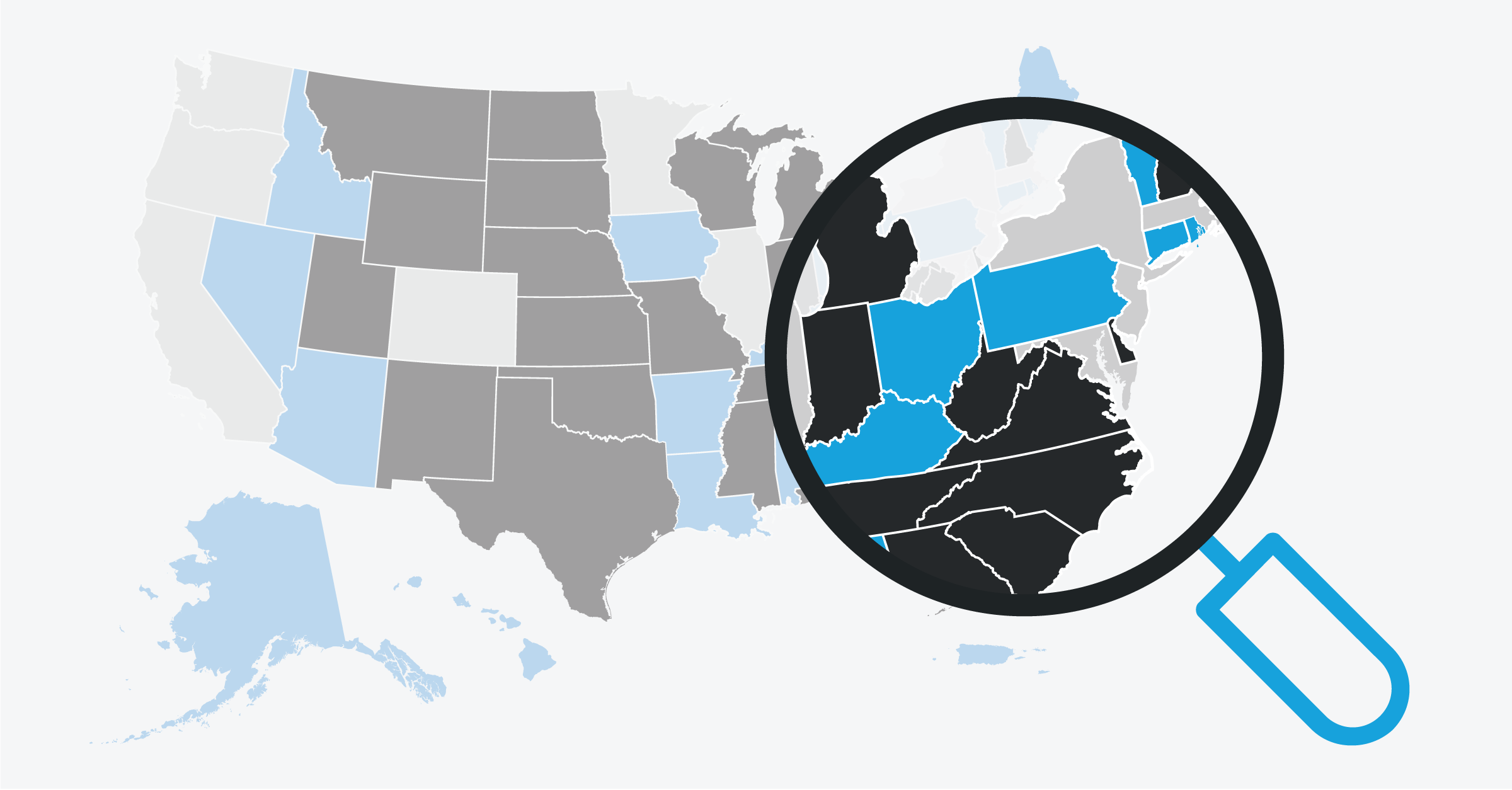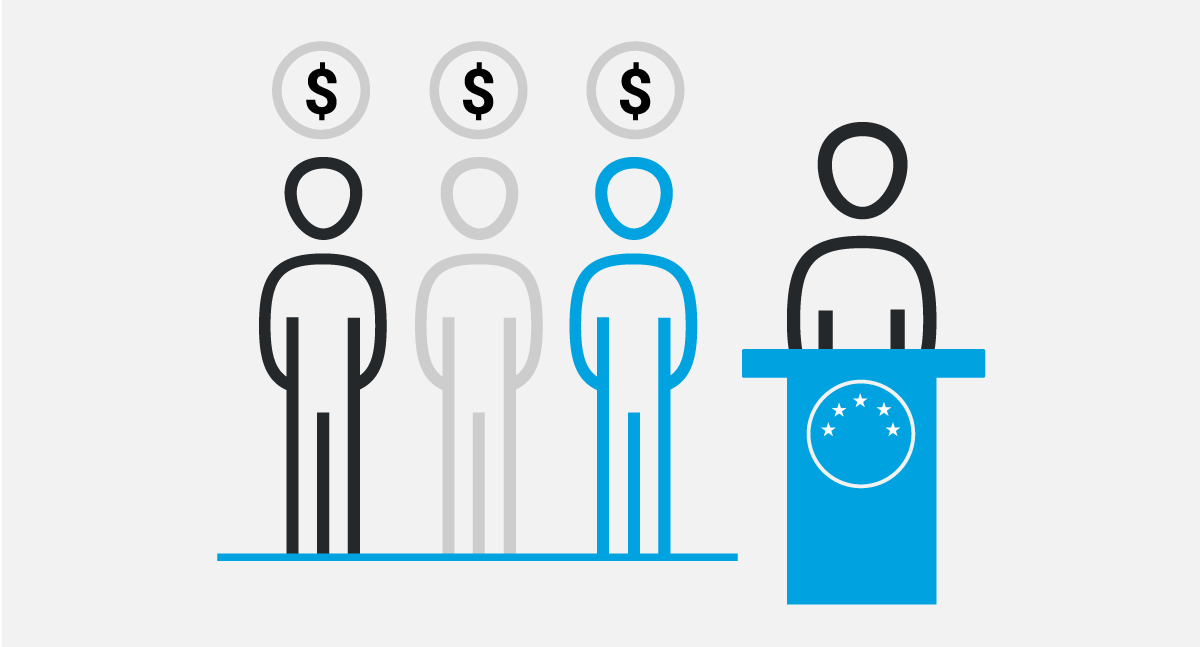
![]()
Despite a company’s best initial efforts to promote diversity, equity, and inclusion (DEI), without regular measurement and analysis of key DEI efforts, it can allow complacency to seep in, and lose ground on the progress it has made. This backsliding could expose the company to the same kind of issues (such as a class-action lawsuit) that spurred them to implement DEI policies in the first place.
In this case, we’re referring to the Coca-Cola Co. The Wall Street Journal reports that, “Twenty years ago, Coca-Cola Co. agreed to pay $192.5 million to settle a race-discrimination class-action lawsuit, one of the largest such settlements in U.S. history. … In November 2000, Coke agreed to implement far-reaching changes to its hiring, promotion and compensation practices. … One decade after the settlement, Coke’s effort looked like an unqualified success. … Two decades after the settlement, that progress has reversed.”
How did this happen? The WSJ notes that, “At Coke, a sense of complacency set in, especially after the company shifted to focus on gender diversity” around 2010. While admirable, this shift hurt the company’s progress with regard to racial, ethnic representation, and inclusion: “The company was unable to maintain both priorities at once, some former executives said.”
While the lawsuit against Coke was filed in April 1999, class-action race-discrimination lawsuits against employers of all sizes continue to this day. Here are some examples of recent high-profile (and high-dollar) settlements:
- Kaiser Permanente: “African American employees of Kaiser Permanente will share in an $11.5 million settlement of class-action, race-discrimination lawsuit against the health care giant. Four current and former employees filed the lawsuit on behalf of more than 2,225 Black workers at Kaiser alleging discrimination when it comes to pay and promotions. For the past two years, the workers have negotiated their compensation and have advocated for systemic change within the company.” (KPIX news)
- Edward Jones: “[The firm] has agreed to pay $34 million to settle a racial discrimination class action lawsuit filed in 2018 on behalf of current and former Black financial advisors who were allegedly discriminated against by the firm’s training and account distribution practices.” (AdvisorHub)
- MetLife: In 2017, “a federal court in New York gave final approval to a $32.5 million class action settlement alleging racial discrimination against African-American employees of MetLife.” (National Law Review)
Cases like these show how vital it is for employers to not only take action toward meeting DEI objectives, but also to measure their progress toward those DEI goals on a monthly basis. The Harvard Business Review notes that “the collection, analysis, and disclosure of diversity data … holds the promise of being a powerful lever for progress.”
Coke got off to a good start, according to the WSJ: “The company began applying data analysis to employment decisions, including compensation, performance reviews, promotions and layoffs.” However, like any other business function, DEI policies and practices have to be measured and analyzed to be effective; it’s that regularity that guards against complacency and backsliding.
One such measurement that’s strongly interconnected with DEI is pay equity, which focuses on resolving issues related to the fairness of compensation for employees that perform similar work. Undergoing a pay equity audit is a proven way for employers to get a feel for where their business currently stands with regards to diversity and equity.




